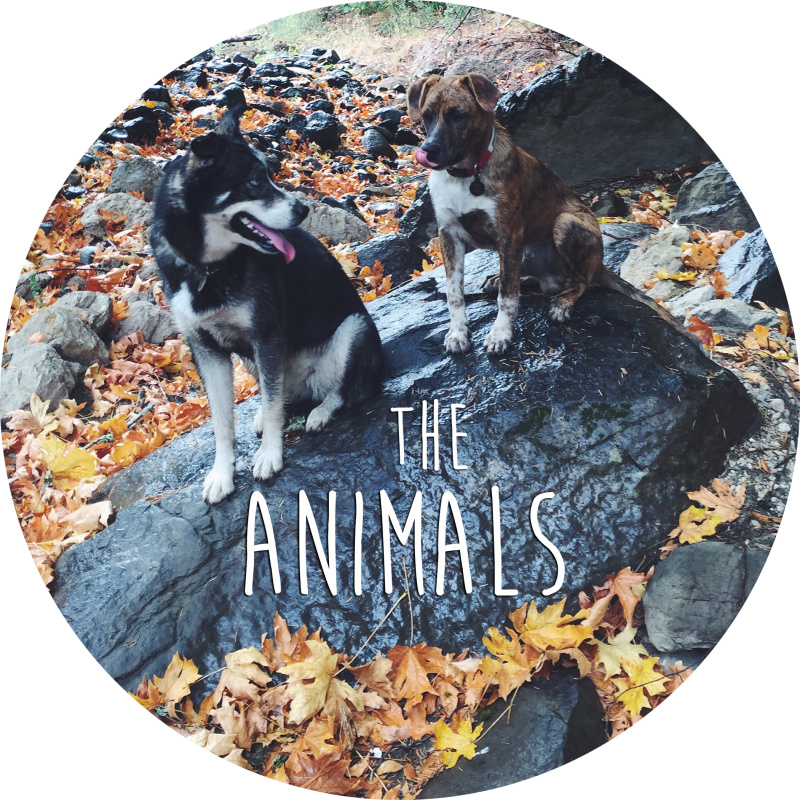Does my dog need to have dog friends?
This is something I've been thinking about lately, especially as I've worked with dog owners that have dogs that are exhibiting problematic behaviors around other dogs. Often, owners have a hard time letting go of the dog park, or of giving their dog free, unstructured playtime with other dogs. "Don't they need to play?" they fret.The simple answer is no.
Puppies, of course, need socialization in order to become well adjusted dogs. They need safe, positive interactions with dogs as they grow up in order to learn how to properly interact with other dogs and read body language effectively. But a lot of us get our dogs when they're older. The socialization window is miles away and who knows what has happened during those fragile months of the dog's life! All we can look at is the dog we have NOW, regardless of their history, and figure out what works for them and what doesn't. If the dog in front of us is showing us behavioral patterns that indicate that they are not cool with other dogs, then we need to respect that — for our dog's sake, for our own sake, and for the sake of other dogs, too. For some dogs, unstructured play can go wrong abruptly, but parallel walks are fine. For some dogs, play with strange dogs is off the table, but may be okay after slow and careful introductions done on neutral ground and over time. For some dogs, learning to cope with another dog simply existing in the distance is a good place to start.
So do they need play with other dogs? Nope! What they need is engagement, stimulation, and exercise. Recent studies have shown that dogs tend to gravitate more towards their people than to other dogs. What they need is play from YOU! More and more, dog owners are getting creative with how they can engage with and enrich the lives of their dogs. Taking long, meandering sniffy walks to explore new environments and engage their incredible olfactory senses, for example. Training games to teach dogs fun new skills, from tricks to sports to handy every day behaviors. Engaging with toy play like fetch, tug, or using a flirt pole. Creating food puzzles out of every day objects like rolled up towels or empty cardboard boxes, or using store bought puzzles, food dispensers, and long lasting chews to allow dogs to express natural hunting behaviors.
It doesn't hurt, of course, to work on improving your dog's social skills by practicing appropriate behaviors in the presence of other dogs — in fact, I highly recommend it! But setting realistic goals, moving at the pace your dog needs, and finding other ways to keep them busy and engaged are all super important, too. If your dog is a little reactive, then by all means, practice parallel walking with the distance they need to stay comfortable and connected with you, but don't allow that well meaning person with a bouncy adolescent dog approach your dog when she is clearly not ready for that interaction! If your dog is easy overwhelmed by multi-dog play, then by all means set up a play date with a familiar dog friend, but don't ask him to behave well on a busy day at the dog park! Setting your dog up for success will help your dog learn that you are her advocate, and you will not put her in situations she is not ready for. Some dogs will never be social butterflies. Some dogs are much happier to hang out at home, in a predictable environment with their people. And that's absolutely okay.








